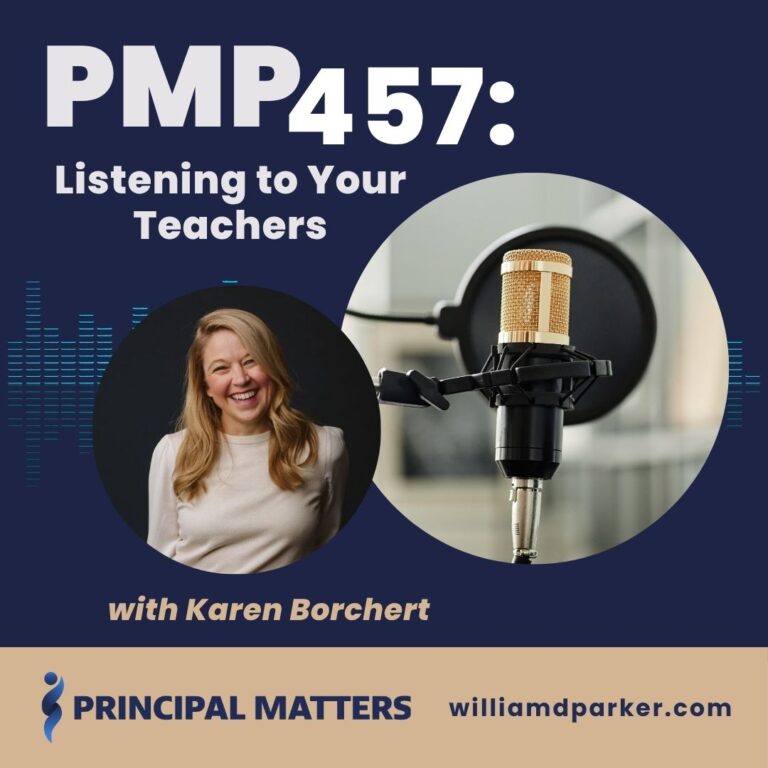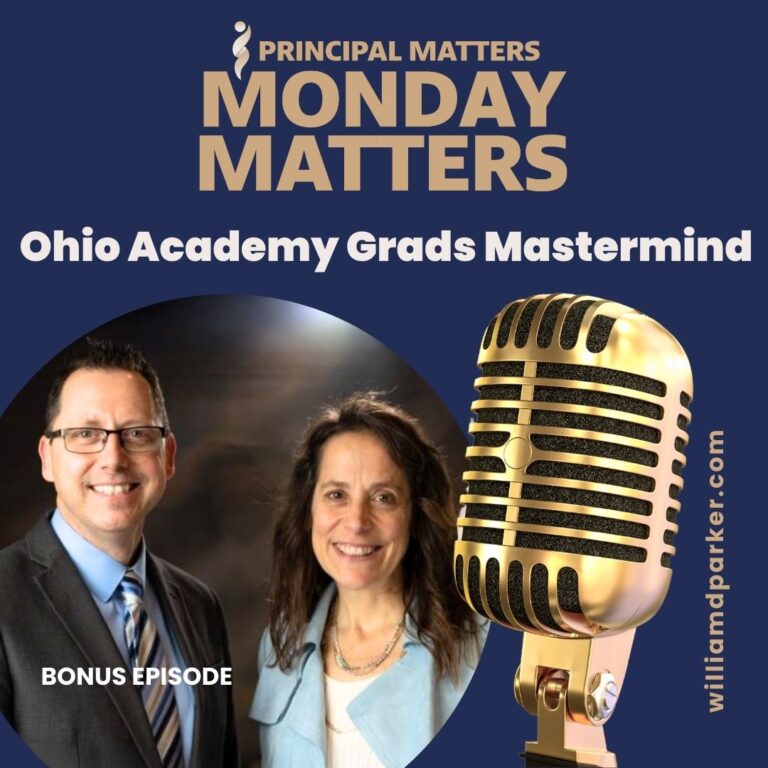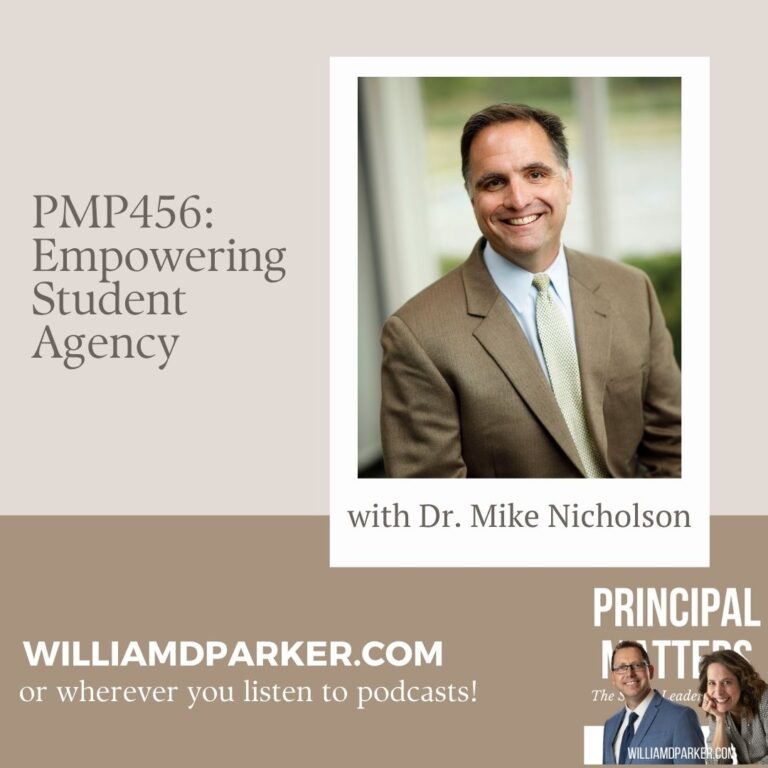Podcast: Play in new window | Download
When I was in college, I had my first experience in mountain climbing.

I was traveling in Guatemala for a summer missions outreach when one morning, we woke up before dawn and rode a bus to the base of an active volcano. About twenty of us had decided to begin our climb in the dark so that we could summit the mountain at sunrise.
The night before, our team leader had talked to us about the climb. He explained how difficult the terrain would be as well as the altitude changes. He encouraged us to find team members whom we could stay with on the hike. He cautioned us that climbing was just as much emotional as it was physical, and that we must be committed to finishing as the last 100 meters of the climb would be the hardest.
This past week, I was talking to my wife about friendships. She had just been reading the book, Friendships Don’t Just Happen!: The Guide to Creating a Meaningful Circle of Girl Friends by Shantel Nelson. In the book, the author refers to a study released on friendship in 2008 by professors from four universities called the Social Support and the Perception of Geographical Slant in the Journal of Experimental Social Psychology.
Participants in their studies were asked to estimate the incline of a hill in front of them. Over and over again, those who were accompanied by a friend (or even thought of a friend) estimated the hill to be less steep than participants we were alone. The researchers concluded that: “This research demonstrates that an interpersonal phenomenon, social support, can influence visual perception.” (You can find the report and abstract here.)
It may seem common sense that the support or presence of a friend encourages or positively motivates us. But this study suggests that the presence of a friend actually changes your physical and emotional perceptions.
Why Your Friendships Matter
One of the biggest challenges I find in education leaders is the tendency we have to work in isolation. We may be surrounded by students or teachers all day, but it doesn’t mean that we have the interpersonal support or presence of other adults to help us navigate difficult moments. This is one reason why I believe so many school leaders struggle or burn out. The need for relationships, however, is one reason highly performing schools encourage professional learning communities – teams of educators who meet regularly and work interdependently to find shared solutions for student learning.
You cannot do your best simply through self-reliance. I know I struggled with this in my early years of school administration: In my first year as an assistant principal, I would carry around a yellow note pad as I walked my school. When teachers or students stopped to talk, I would jot down any concerns or questions they had. Then I would spend time after school each day following up on any of these issues that needed to be addressed. In my mind, I was being the kind of principal I had always dreamed of having as a teacher: the person who could be available any time to find solutions, answer questions, or put out situational fires.
What I didn’t realize was the misperception I had about leadership. I thought leadership meant being a kind of “super-man” who could single handedly manage the most difficult situations of a school so that teachers could teach and students could learn. Although I was responsible for the outcomes of the biggest challenges in my schools, I was missing out on an important truth: our biggest challenges in our schools are best solved together, not alone. Over the years, I began to realize that when I finally reached out to my colleagues and friends for feedback and support, I found better solutions.
Let me give you another example. In my third year as an assistant principal, I was on a team of three high school administrators. One of my teammates was another assistant principal, Kerry Sitton. When I confided in Kerry my tendency to work late hours and miss mealtimes with my family, she began to hold me accountable. As she left each day in time to be home with her family, she would step into my office and say, “Okay, Will. Whatever you’re working on can wait. Your family needs you more than this school does. Go home.” That small act of accountability pushed me out the door and helped me increase my time with my wife and kids.
Why are friendships essential to your own journey ahead? Here are four reasons why you should think about the power of your friendships and reliance on others both in your personal life and as a school leader:
1. Friendships provide accountability.
One of the biggest dangers of advancing in your career is the ability to forget you don’t know it all. Just because you have advanced degrees or a position of authority, does not automatically qualify you as expert in everything. At the risk of sounding like your grandfather, let me just say it like it is: Stay humble. And one of the best ways to do that is by surrounding yourself with others for accountability.
In the school setting or in your personal life, you need others with whom you regularly connect for updates, sharing, or simply checking in. And this happens best when you schedule time for it. At my high school, my secretary and I had a standing meeting every Tuesday at 9AM. We would compare calendars, discuss next steps on projects or schedules, and I could listen to any concerns she was aware of that needed my attention.
I scheduled the same meetings with my admin team members, department chairs, professional learning teams, student leadership groups, and district leadership. Set a time limit on these meetings, take notes on what you discuss, and follow-up afterwards with any directives decided. But create a framework of accountability so that you have consistent conversations, feedback, and accountability for the work ahead.
In my personal life, I have a group of men with whom I meet once a month. Together we discuss issues affecting our lives and families. These men have become a source of encouragement and help during times of family or personal crises. Think about how you can rely on those around you for accountability. You may work faster alone, but you always accomplish more meaningful outcomes when you include others in your journey.
2. Friendships provide life support.
When I was a new teacher, one of the older teachers in my school had an older sister who passed away. We gathered some money among our faculty and gave him a gift to help cover the travel expenses he would have to attend her funeral out-of-state. I was in my mid-twenties, and had never lost a sibling. But I remember standing with him in the teacher’s lunch room as his closest colleagues hugged him while he cried.
In 2010, my older brother died of a heart-attack at age forty-five. I was 39 years old at the time, and I remember comfort and strength I found in just having others near me who cared. Whether it is at school or at home, we need communities. Some of the most difficult moments you face in school leadership will be managing crises in the lives of students, co-workers, or members of your school community. And friendships will often be the glue that keeps you together during those most difficult times.
3. Friendships provide reflection.
In the day-to-day work of serving schools, we always have room for growth and improvement. And one way to keep growing is by reflecting with others. In Dan Pink’s bestselling book, When: The Scientific Secrets of Perfect Timing. He talks about how common it is for people to make wrong decisions at certain times of the day — especially when they are tired or emotionally drained.
Have you ever considered how important it is to consider your own tendencies in decision-making? That’s why it so important to reflect with others when you’re making important decisions that affect others. For instance, whenever you’re facing a scenario that you may have never faced before, you should consider reaching out to a trusted colleague. It is better to reflect with others before moving forward instead of hastily deciding and regretting the decision later.
Reflection is also a powerful way to improve. For example, at the end of each school year, I would pull my office and administrative staff together for debrief meetings. This allowed us to talk through any actions that needed to be taken in the days ahead as well as reflect on the days just completed. We would keep a running Google-Doc of our last ten-days of school together and share out tasks that needed to be completed. By simply reflecting together, discussing what was working and what wasn’t, we could set new goals, and improve the way we worked.
Reflection also happens day-to-day. As you finish a classroom visit or a lesson with students, reflect with others on what worked and what didn’t. One of the benefits of connecting with others through Professional Learning Communities in person or online is the ability to share ideas, reference good books, and talk about best practices.
One of the reasons I enjoy blogging and podcasting is the ability to reflect each week on what I’m learning. Reflecting with others helps you see things you won’t see on your own. Your friendships allows you the opportunity to reflect with others for your own growth.
4. Friendships bring out the best in others.
This may seem obvious but still needs to be said: You are not the best version of yourself alone. Yes, solitude and self-reflection are important parts of personal growth. But so is community. And in a culture that prizes independence and self-reliance, we often forget how important it is to have others around us.
There is a story by C.S. Lewis, the author of the Chronicles of Narnia, that I love about friendship. Lewis was friends with J.R.R. Tolkien, the author of the Hobbit and the Lord of the Rings trilogy. The two of them had a mutual friend named Charles Williams. When Charles died, Lewis wrote the following:
“In each of my friends there is something that only some other friend can fully bring out. By myself I am not large enough to call the whole man into activity; I want other lights than my own to show all his facets. Now that Charles is dead, I shall never again see Ronald’s [Tolkien’s] reaction to a specifically Charles joke. Far from having more of Ronald, having him “to myself” now that Charles is away, I have less of Ronald…In this, Friendship exhibits a glorious “nearness by resemblance” to heaven itself…” (Source: The Reformed Parishioner).
You have others in your life who can see parts of you that you are unable to see alone. And you have attributes that may be best displayed with one person more than with another. Keep this in mind in mind as you remember the importance of connecting with friends, family, or community members. Sometimes we need one another to see the best in one another.
Let’s Wrap This Up
When I was climbing my first mountain, I remember reaching the last 100 meters and realizing the climb would be difficult. Because we were climbing a volcano, the final ascent was nothing but black rock and pebbles. With each step, you would climb two or three feet and slide back a foot or more. So, to ascend 100 meters, you would really be climbing 300 meters as you lunged forward, clutched onto the sliding rocks around you as you slid back, and then lunged forward again.
I had partnered with one of the girls on the team for the final climb. About halfway up, she said she couldn’t continue. “Yes, you can!” I said. “We’ll do this together.” All around us, other team members had paired up. We were clutching hands or placing our palms into the heels of boots in front us to create footholds for one another. It was a hard climb that I’m not sure I could have made if I had been alone. Together we finished the climb to stand on top and enjoy an amazing sunrise.
I don’t know what kind of climb you are facing in your school leadership. But it is safe to say that you are more likely to finish it with strength and encouragement when surrounded by friends. Just as researchers have discovered that even our perceptions and attitudes change in the presence of friends (or even thinking of them), your ability to face the hills ahead will be much greater when you welcome the accountability, life-support, reflection, and discovery that happen through your relationships.
Now It’s Your Turn
Who are people in your life or on your team who you can rely on for accountability? How can you schedule time to reflect with others? Who are some friends you know bring out the better parts of you? Reach out to them today and tell them you’re thinking about them. And in the school year ahead, commit to serving your community together.
Source for report on friendship:
Sign-Up For Free Updates and Ebook
When you enter your email address below, you will automatically receive my newest posts and a free Ebook, 8 Hats: Essential Roles for School Leaders. Let’s keep learning together!
Subscribe for free weekly updates and receive free e-book!
(function($) {window.fnames = new Array(); window.ftypes = new Array();fnames[0]=’EMAIL’;ftypes[0]=’email’;fnames[1]=’FNAME’;ftypes[1]=’text’;fnames[2]=’LNAME’;ftypes[2]=’text’;}(jQuery));var $mcj = jQuery.noConflict(true);
Principal Matters–The Book!

School leaders are very busy, so each of the twenty-four chapters is designed as a quick-read and followed with take-action questions for follow-up or reflection. If you want practical ideas on understanding your purpose, managing school teams, dealing with challenges, and leading with courage, action, motivation, and teamwork, go HERE to pick up a copy for you or your team.
Messaging Matters

Harness the power of messaging to create a culture of acknowledgment, respect, and celebration. Written specially for leaders, this title is divided into three parts, helping readers to maximize their role as chief communicators with students, teachers, and parents and community. Each chapter includes suggestions for using digital tools to enhance messaging and ends with reflection questions and practical next steps.


